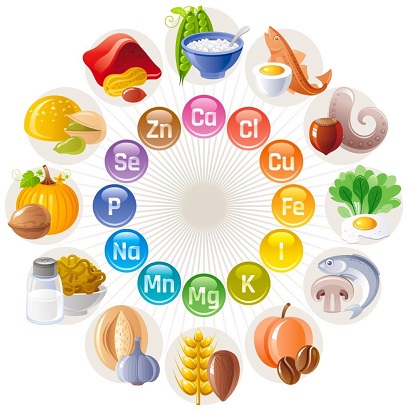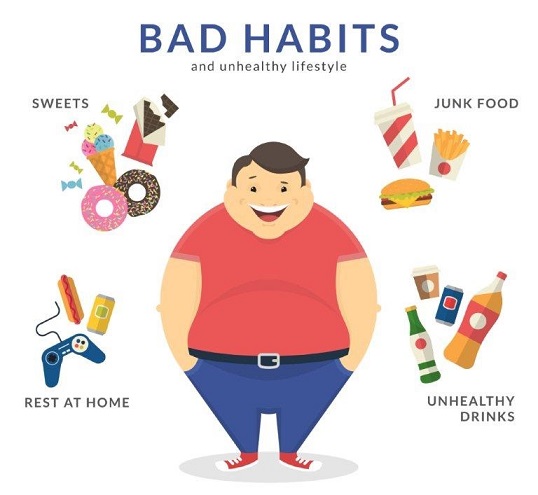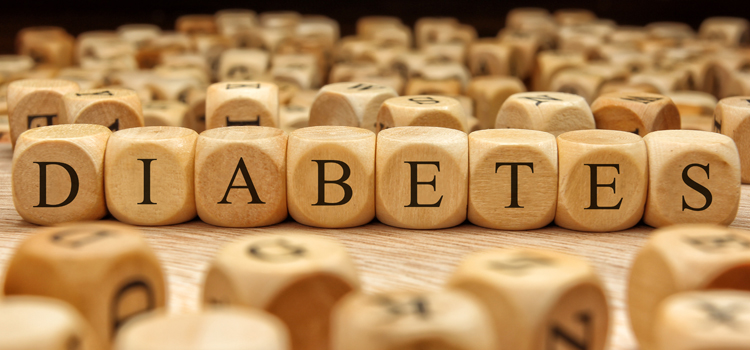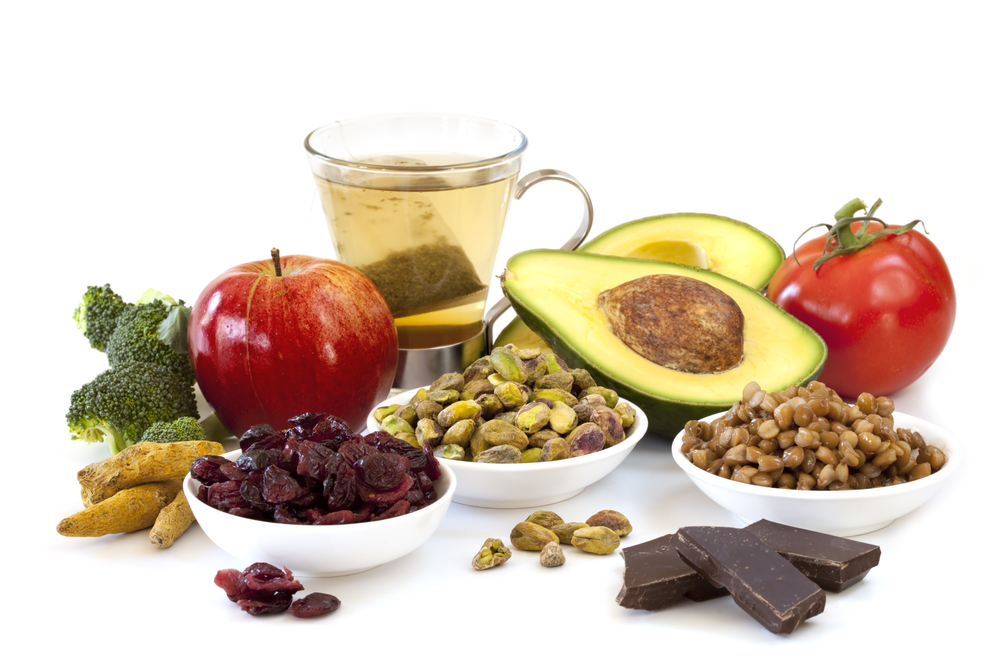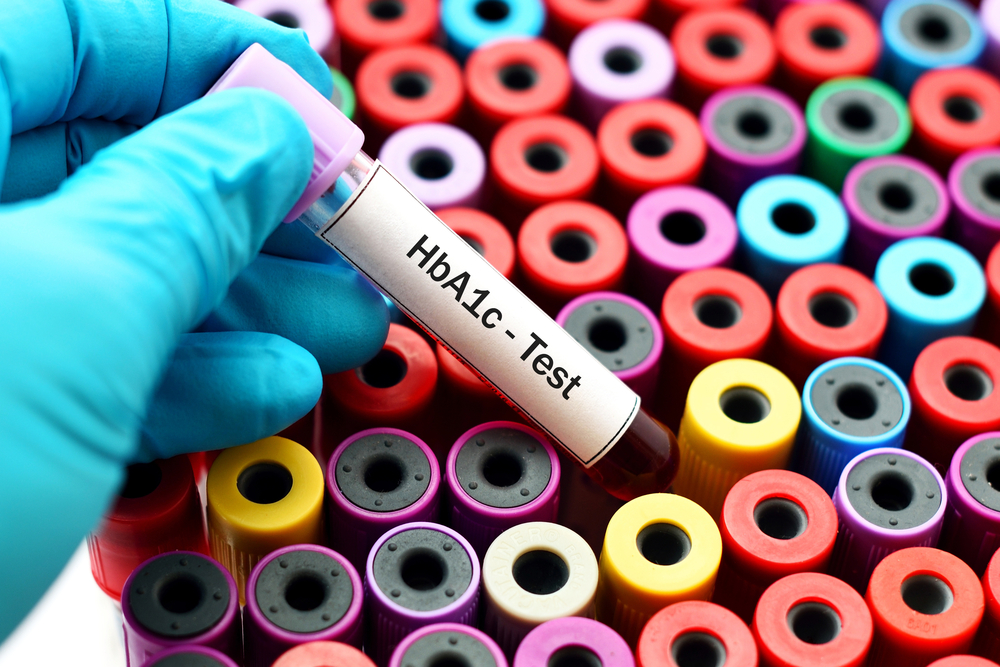Reversing Type 2 Diabetes – Is It Possible?
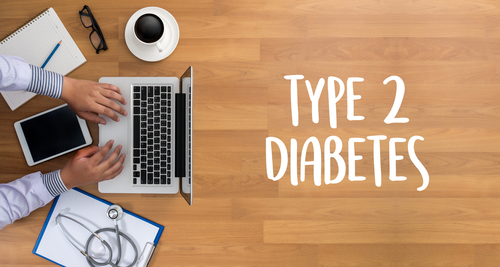
Type 2 diabetes for very long time is said to be a kind of chronic disease with an inevitable progression towards worsening health, including heart disease, kidney failure, stroke, hearing, vision loss, nerve damage, and even foot or leg amputation. The most common form of approach is to combine blood-glucose lowering medications with lifestyle changes to keep blood glucose under reasonable control.
Reversing diabetes is a term which mainly refers to a significant long-term improvement in insulin sensitivity in people containing type 2 diabetes. It requires a lot of time and dedication so that type 2 diabetes can be reversed and the results can be very rewarding, with less tiredness and better all-around health.
People with type 2 diabetes who have the ability to get their HbA1c below 42 mmol/mol (6%) without taking the necessary diabetes medication are said to have reversed or resolved their diabetes. This also known as putting diabetes into remission.
Loss of minor or major amount of body weight can be extremely beneficial in helping to reverse the progression of diabetes.
Type 2 diabetes can be referred to as a condition which is characterized by chronically elevated blood sugar levels. The main reason, as well as the driver for this condition, is something called Insulin Resistance. When you start eating certain foods, particularly refined carbohydrates, that food is converted to sugar inside your body.
The way your body deals this sugar is by producing a hormone called insulin. Insulin moves the sugar inside your cells so that it can be used for energy. This helps your body to function properly, but when you have type 2 diabetes, prediabetes or significant abdominal obesity, that system does not work so well.
Breaking the cycle of type 2 diabetes
For reverse diabetes, you need to be able to break this cycle by taking the strain off your insulin-producing cells.
Research suggests the most effective ways to reverse diabetes are as follows:
- Exercise
- Bariatric Surgery
- Low Carbohydrate Diets
- Very Low-Calorie Diets
What are the various effects of increase in Insulin levels?
There are a lot of effects which is raised as the insulin level increases. Some of the effects are as follows:
- It causes water and salt retention, which causes raised blood pressure.
- You become at risk of atherosclerosis (“furring of arteries”), which can lead to heart attacks.
- Increase in insulin levels raises very low-density lipoprotein (VLDL), a kind of blood fat and one of the worst forms of cholesterol.
- Can drive the growth of certain cancer cells.
- In women, it can cause the ovaries to produce more testosterone, which is associated with Polycystic Ovarian Syndrome.
- It also increases your risk of having type 2 diabetes.
What increases in Insulin Production?
All types of carbohydrates will raise your blood insulin levels to some degree at least. That is the reason why type 2 diabetes is a form of “carbohydrate intolerance”.
Protein also has a tendency to raise the levels but to a much lesser degree compared to carbohydrate. The only kind of macronutrient which keeps your insulin levels constant and your blood sugar stable is Fat.
Nevertheless, if you are willing to reduce the insulin levels, all you need to reduce is the amount of carbohydrates and replace them instead with healthy, natural fats.
The fats which are naturally present in nuts and seeds, avocados, omega 3 fats (found in almonds, flax seed and cold-water fish, like wild salmon, herring, mackerel and tuna), extra virgin olive oil and whole egg
To reduce a specific amount of carbohydrates from your body, you must reduce the intake of refined carbohydrates such as rice, bread and pasta. Non-starchy vegetables (such as cabbage, broccoli, and cauliflower) are fine and can be eaten in abundance.
Many fruits are packed with carbohydrates, so if you’re trying to reduce your carb intake, try and limit your intake to low-carb fruit, such as rhubarb, watermelon, berries, peaches and blackberries.
Ways to reverse the effects of Type 2 Diabetes:
- Avoid eating any kind of refined carbohydrates (pasta, rice or bread).
- Don’t eat added sugar at all. When your body is in a state where you won’t be able to process carbohydrates and sugars properly, you will have to take necessary steps to fully eliminate all sugars present in your body.
- Avoid sweet drinks as it is best to stick with water, coffee and tea.
- Try to eat more of good quality, healthy, natural fat items such as avocados, olives, almonds etc.
- Always try to concentrate on the quality of the food that you are eating and the rest will follow.
- Eat some high fat healthy snacks that will keep you fuller for longer.
- Try to include fat and high-quality protein in your every meal. This will help to maintain your sugars level and will also make you ignore the dessert after your meal.
- Always feel satisfied at the end of your meal. This feel becomes a habit and will allow you to eat the right of food.





